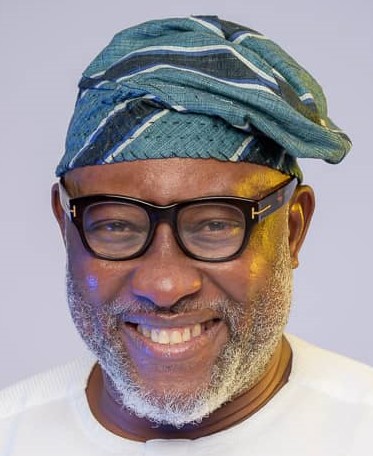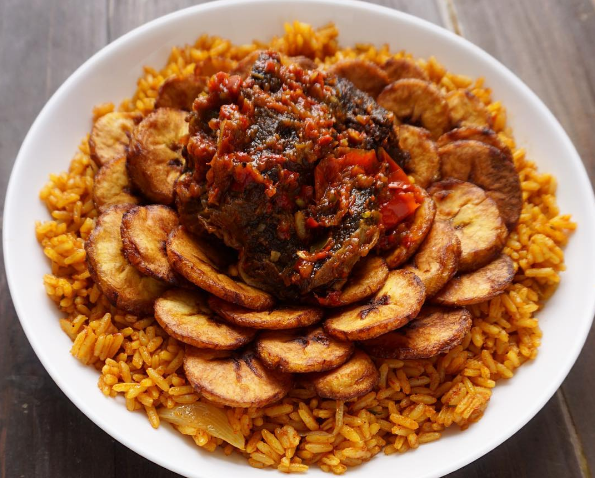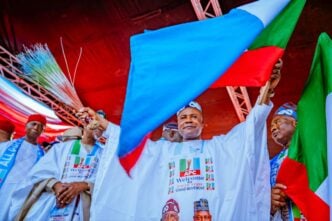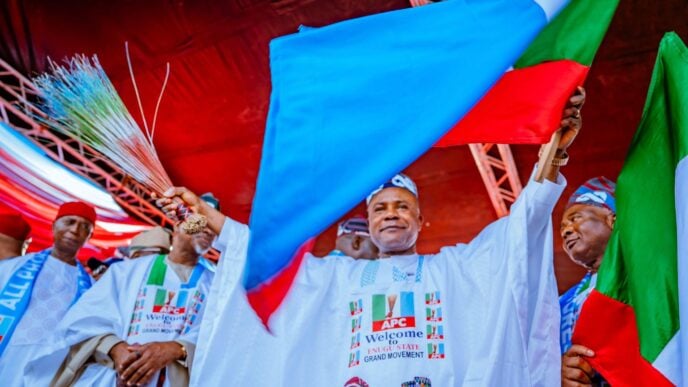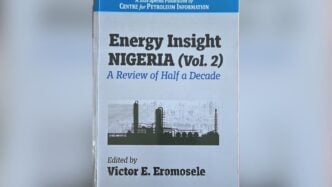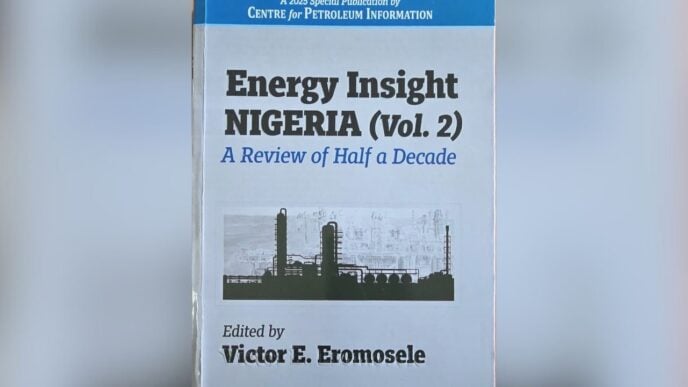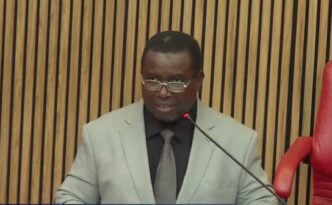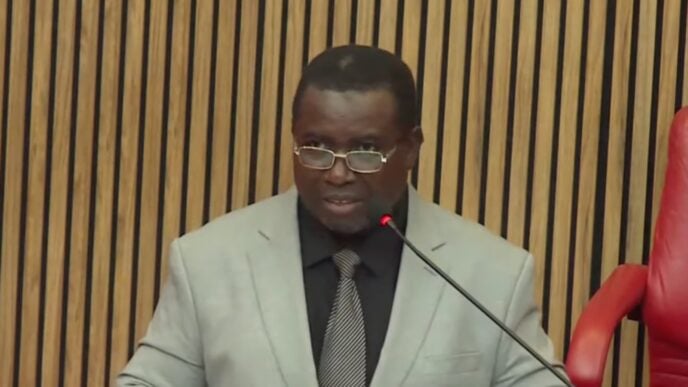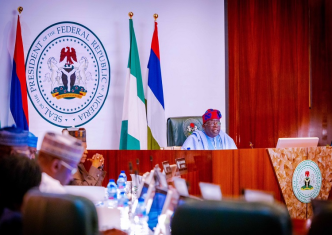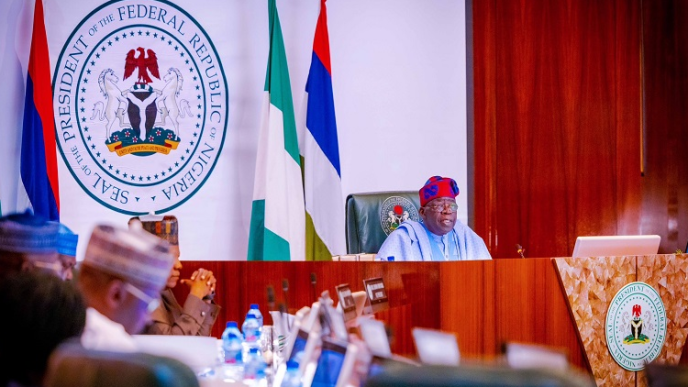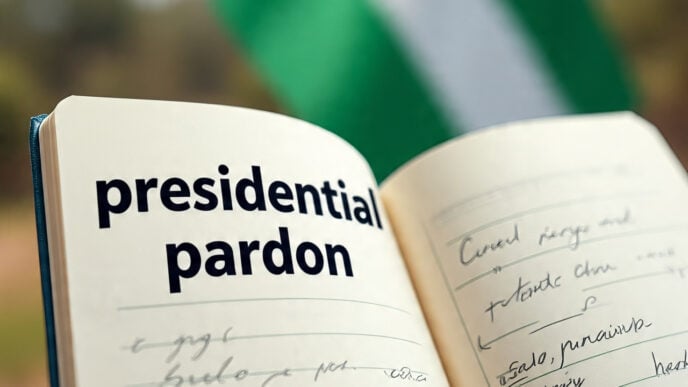As the world marked World Food Day on October 16, 2025, under the theme “hand in hand for better foods and a better future,” the industry acknowledged the necessity for a fundamental shift in the national agricultural strategy. The consensus among major stakeholders is that the country must move beyond the defensive goal of “food security” and commit to achieving food sovereignty.
Food sovereignty, in this context, is defined not merely as ensuring enough caloric intake, but as controlling the entire food system—from production and processing to distribution—to ensure national resilience and self-reliance. Industry analysts argue that this objective is directly synonymous with comprehensive national development and is a non-negotiable component of national security.
To construct a durable future, the prevailing view is that policy must be anchored in data rather than political rhetoric. This requires a frank confrontation with the numerical reality of Nigeria’s agricultural paradox.
The Nigerian Paradox: Confronting the Data
Advertisement
Nigeria faces a severe paradox: a nation blessed with extensive agricultural land and human resources yet grappling with profound food insecurity. This disparity, experts note, is a statistical reality demanding immediate and focused attention.
Data released by the United Nations indicates a deeply troubling trend for 2024. Over 30 million Nigerians are food insecure, representing a staggering increase of five million people from 2023 figures. This crisis is further underscored by the latest Global Hunger Index, which ranks Nigeria 115th out of 123 countries assessed, signalling a serious and pervasive level of hunger nationwide. Compounding this structural vulnerability are the lingering effects of environmental disasters, notably last year’s devastating floods, which impacted 9.2 million people and destroyed over 1.6 million hectares of vital farmland.
While these statistics define the magnitude of the national problem, they also risk obscuring the immense and proactive efforts the domestic private sector is already making to close the gap.
Advertisement
The Engine of Progress: Domestic Direct Investment in Action
Discussions about national economic growth often prioritize Foreign Direct Investment (FDI). However, major Nigerian agribusinesses champion the foundational necessity of Domestic Direct Investment (DDI). These are the investments made by Nigerian companies and those with a deep, long-term commitment to the nation, often operating in challenging environments for decades.
The logic is straightforward: FDI will inevitably gauge its security based on how well domestic investors are protected and incentivised. Industry leaders assert that DDI is the foundational bedrock of the agricultural ecosystem, having proven its resilience against currency volatility, infrastructural deficits, and natural disasters.
Integrating the Value Chain: From Seed to Shelf
Advertisement
Massive, tangible investments across the agricultural value chain evidence this deep commitment. Companies like Olam Agri, for instance, operate on a philosophy of “farm to fork” and “seed to shelf,” demonstrating a radical integration into Nigeria’s agricultural landscape. The company’s actions, including swiftly pivoting and rebuilding after being directly impacted by last year’s floods, underline the long-term nature of DDI.
This commitment manifests in several critical areas:
Integrated Operations and Outgrower Empowerment: Companies are not merely running large-scale farms; they are building resilient agricultural ecosystems. Operations typically include nucleus farms that work in partnership with extensive networks of smallholder farmers. Olam Agri, for example, collaborates with over 35,000 outgrowers, empowering them with better seeds, financing, and modern agronomic techniques to ensure sustainable and inclusive production scaling.
Significant Production Capacity: Nigeria has demonstrable capacity to produce staple foods. Key players report holding high stocks of locally produced goods. The fact that the country’s largest rice producer is able to maintain consistent supply, including popular, high-quality local brands, proves that the fundamental capacity to produce is not the central issue.
Advertisement
Diversified Value Chain Investments: Investments extend robustly beyond the farm gate and into industrial processing. Alongside processing essential grains, these investors are establishing new facilities, such as a $45 million soya crushing facility currently slated for commissioning by one firm, Olam Agri, which will add significant value to domestic agricultural output by processing oilseeds locally.
Economic Contribution and Foreign Exchange Strength: The positive impact of DDI extends to the national economy. Related entities are contributing substantial figures—in one case, an Olam group company, OFI (Olam food ingredients), exports between $300 to $350 million in annual non-oil exports, directly strengthening Nigeria’s foreign exchange reserves and demonstrating the global competitiveness of its integrated agricultural sector.
Advertisement
Despite this proven production power and investment depth, critical external roadblocks are actively preventing the translation of bumper harvests and significant capital deployment into genuine food sovereignty.
The Real Bottlenecks: Smuggling, Storage, and Logistics
Advertisement
Analysis from the private sector is unequivocally clear: Nigeria’s current food insecurity crisis is not a problem of production or investment. It is, fundamentally, a crisis of logistics, post-harvest management, and border security. Systemic failures in these areas are actively undermining domestic producers, eroding the value of DDI, and creating artificial scarcity in a land of potential plenty.
The Scourge of Unchecked Smuggling
Advertisement
The most corrosive threat to food sovereignty today is the unchecked smuggling of agricultural products, particularly rice, the country’s most significant staple. Smuggled goods enter Nigeria without paying duties, levies, or adhering to local quality standards. This creates a fundamentally distorted and unlevel playing field where domestic producers, who diligently pay taxes and invest billions locally, are rendered uncompetitive in their own market.
While legal importation remains necessary to bridge a national consumption gap (estimated at 2 million tons for rice), it must be strategically managed by competent companies with proven, long-term investments, rather than being left to an unregulated free-for-all.
The enforcement of border security is a core and non-negotiable responsibility of the government, and they should own up to it.
The Catastrophic Post-Harvest Crisis
The second critical bottleneck is the paradox of post-harvest losses, which keeps consumer food prices stubbornly high even after “bumper harvests.” This is attributed to a catastrophic lack of preservation, storage, and logistics infrastructure. Conservative estimates suggest that 60-70% of perishable produce rots before it reaches the final consumer.
Nigeria is the world’s largest producer of staples like cassava, yam, and cocoyam. Yet, the inability to move, store, and preserve this abundance effectively turns an agricultural strength into a national weakness. This logistics failure is the true engine of food price inflation.
A Call for Strategic Partnership: An Action Plan for Government
The private sector cannot resolve these systemic challenges in isolation. They are calling for a strategic partnership with the government, which must act as an enabler of both growth and security. This requires policy-making guided by what industry leaders term the “SID principle”—it must be Strategic, Intentional, and Deliberate.
The sector has formally proposed a clear, four-point action plan designed to create an environment where domestic production capacity can finally translate into genuine food sovereignty for all Nigerians:
Secure the Borders: Combating smuggling must be the most urgent priority, framed as a national security issue. Consistent, decisive enforcement is needed to protect domestic investment and ensure the economic benefits of agricultural labor remain within Nigeria.
Invest in National Infrastructure: Government must lead the investment in a national network of silos, modern supply chain logistics, and strategic grain reserves. These critical assets should be managed by competent, private-sector professionals, not political appointees—to reduce post-harvest losses drastically.
Act as a Strategic Off-taker: The government should act as a primary, strategic off-taker, buying bulk produce directly from large-scale, compliant producers to fill these strategic reserves. This action would stabilise prices for farmers, provide a powerful tool to cushion food inflation for consumers, and bring predictability to the market.
Foster a Transparent Marketplace: The government must strengthen commodity exchanges to ensure transparent price discovery. Arbitrary price controls should be discouraged as it distort markets and discourage long-term production, advocating instead for an open and efficient marketplace.
One must acknowledge positive foundational steps, primarily the stability achieved through recent fiscal and monetary policy alignment under the current Central Bank leadership, which is a welcome development that has boosted confidence for businesses planning long-term investment and helping with predictability.
Conclusion: Cultivating Our Shared Future
In summary, I believe that Nigeria’s food insecurity stems from a systemic crisis of logistics, policy, and enforcement, not a failure of production capacity or private sector commitment. Domestic Direct Investors have responded to the national emergency call with massive production and investment.
The private sector now extends a firm offer of strategic partnership. This moment calls for joint action—industry and government—to secure the borders, build the necessary storage and logistics infrastructure, and stop the dual scourges of smuggling and post-harvest waste. By collaboratively tackling these real, systemic bottlenecks, Nigeria can secure the lasting food sovereignty and economic dignity its population deserves.
Adefeko is Director Corporate and Regulatory Affairs Olam Agri, ex-Officio NACCIMA, and Honorary Consul of Botswana in Lagos.
Views expressed by contributors are strictly personal and not of TheCable.
